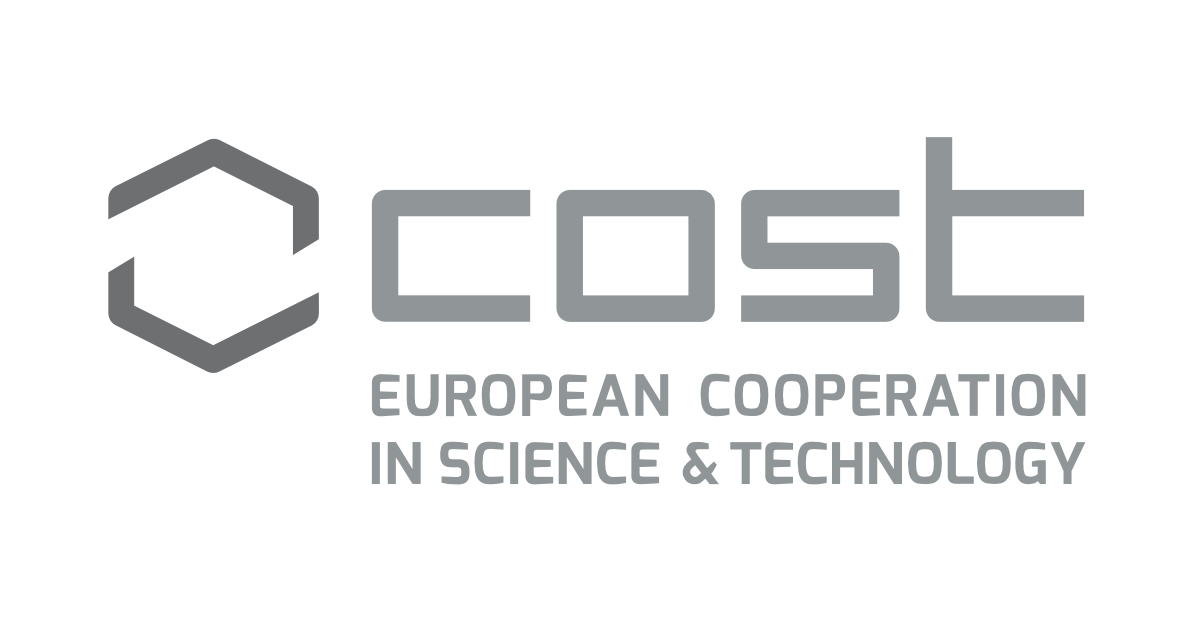Food-borne disease outbreaks resulting from consumption of plant-derived fresh produce have been reported worldwide such as from spinach in the USA, from mung bean sprouts in Japan and most recently also in Europe from fenugreek sprouts (Hamburg, 2011). It is clear that particular groups of human pathogenic micro-organisms (HPMO) can find their ecological niches in plant production systems. Contamination routes of HPMO to plants are poorly understood. Basic resources for agro-production, such as soils, water and fertilizers can play a role in contamination of plants, but micro-organisms taxonomical closely related with HPMO are also present plant microbiomes. HPMO must be considered as integral components of the plant microbiome and it is the intention of HUPLANTcontrol to investigate the potential negative aspects of plant microbiomes on human health and to integrate novel scientific insight into sanitary measures and agricultural management practices. The HUPLANTcontrol network consists of five working groups: 1) on the ecology of HPMO in plants, 2) on taxonomical identification of HPMO from plants, 3) on characterization of the potential human-threatening nature of HPMOs, 4) on sanitary and agricultural management procedures to control HPMO in plant production facilities and 5) on dissemination of achieved knowledge via connections between science groups and relevant stakeholders from agriculture, industry and public health authorities. The Action integrates molecular biology, bio-informatics, microbiology, ecology, agronomy, veterinary and clinical sciences and places a strong focus on primary plant production, in principle covering all micro-organisms posing potential threats to humans.
